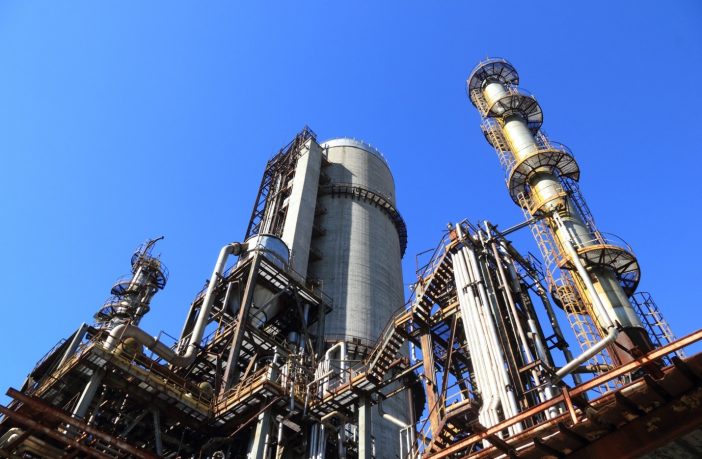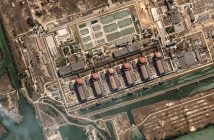- The Cabo Delgado region in northern Mozambique has recently come under a series of brutal attacks carried out by Islamic Jihadist group, Ansar al-Sunna.
- Last week 12 villages were killed and 14 wounded. One person was beheaded after being shot.
- The area is rich in natural gas reserves and is expected to generate $49 billion in revenue for the government over the next three decades
It what has been described as an “Al-Shabaab” style reign of terror, jihadists operating in the gas-rich region of Cabo Delgado last week killed 12 villages and wounded 14 others. The region, which borders Tanzania, has become a hotspot since the Mozambique government has set its sights on exploiting the regions natural gas resources by setting up a gas extraction hub.
The merciless and random attack was carried out military-style using large calibre firearms and included the torching of some 55 houses. One person was beheaded after being shot.
In a separate incident, a military convoy came under attack near the Tanzanian border north of Paqueue, killing a senior army officer, according to a police source.
The ongoing conflict in the northern part of Mozambique is between Ansar al-Sunna, an Islamist militant group attempting to establish an Islamic state in Mozambique, and Mozambican security forces backed by the Russians. The group raises funds from smuggling, religious networks, and people-traffickers, which the group uses to send recruits to Tanzania, Kenya and Somalia for military and ideological training.
Russia’s state-owned broadcaster, TASS, reported that the Russian and Mozambican governments signed an agreement on military and technical cooperation in late January 2017. The document stipulates deliveries of arms and military equipment, as well as other military-oriented products, spare parts and components as part of the war on terrorism.
More recently it was announced that the settlement of Quitupo, situated in the northeast region, will make way for a massive gas refinery plant managed by a number of foreign companies including Anadarko Petroleum, an American based company. The facility will extract and liquefy the offshore gas and generate around $49 billion in revenue for the government over the next three decades.
The local communities argue that they live in poverty while billions of dollars are poured into gas extraction projects. The underlying feeling of neglect has encouraged the Islamist insurgency.
Author: Bryan Groenendaal











